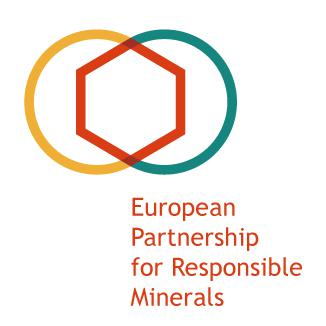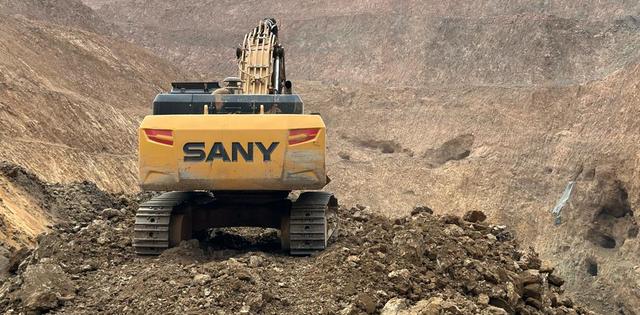The "Creuseurs" ("diggers"), at the centre of the world's push for EVs, are in peril
Part two – Obstacles and opportunities to improve conditions for miners
In part one, we reported on some of the shocking working conditions that the Electronics Watch team found on our visit to cobalt mines in the DRC. Now, we look at the vested interests in Congolese politics, the mining industry, the Congolese government's desire to regulate the cobalt supply chain, and what else might be done to improve conditions.
In 2020, the public company EGC (Entreprise Générale du Cobalt) was created by the Congolese government, to improve the traceability of cobalt and guarantee respect for human rights and environmental protection. As part of this formalisation strategy, EGC theoretically holds a monopoly on the purchase of all locally produced cobalt ore from artisanal and small-scale mining sites, prior to its processing and marketing. The EGC will also enable miners to sell their product at a fair price, which is not always the case at present, where some traders play down the cobalt or copper content of the ore to drive down the purchase price. Miners are subject to buyers who have the technical means to analyse the ore's characteristics. They do not yet have access to independent analysis.
However, the government’s creation of the EGC has been opposed by some local politicians, who have personal financial interest in mines. These conflicts of interest mean that such politicians don't want the government to regulate this business, by imposing a monopoly on the purchase of cobalt ore.
We should also mention the recent inauguration of the Musompo trading centre in Kolwezi, which represents a unique venue for the transaction of minerals from artisanal mines. The Centre will also help to improve product traceability because it provides a framework for transactions to bypass illegal trading posts. The Centre has been set up by the provincial government and its management has been awarded to a Congolese company specialising in the mining industry, Sud South.
The EU and the US are far behind China, which has a virtual monopoly on the import and processing of cobalt. The "diggers" are at the heart of strategic global issues. Cooperative leaders have clearly understood the reputational stumbling block for investors from the global north. They contrast Chinese financial pragmatism with Western compliance rules (fundamental rights, environment and traceability), which they consider too restrictive. However, these Chinese partners sometimes finance huge machinery to move thousands of cubic meters of earth, with the obvious aim of increasing the mine's productivity, and they also allow dangerous underground galleries to be converted into open pits. Similar to that identified in Bolivia, the artisanal Congolese miners have a major problem with the financing; they need to move towards semi-industrialisation of their activities. In DRC, cooperatives are located in areas known as Artisanal Mining Zones, which are allocated by administrative decision and sometimes encroach heavily on industrial mining concessions. This situation is grudgingly tolerated by the mining industry, but it creates an instability that puts off banks looking for financial guarantees.
Some voices express the need for urgently closing down artisanal mines. But as industrial mines do not have the capacity to absorb such a large quantity of unskilled labour, diversifying the activities of the cooperatives is a major challenge. Some cooperatives are already focusing on agriculture and vocational training in skilled trades such as carpentry financed with their own assets.
Our findings in the DRC, alongside those from Bolivia, reiterate the need for Electronics Watch´s three-year pilot project to build the capacity of miners to improve their working conditions through monitoring, remediation, social dialogue and awareness raising, all reinforced by public procurement demand. While working bottom-up to support workers and local partners to establish a dialogue with companies, we are also working top-down, building the capacity of public buyers to set the requirements for responsibly produced minerals in both ICT and low-emission vehicle supply chains. By bringing the perspectives of workers and public buyers together we can set standards for and incentivise effective due diligence in mineral supply chains.
Electronics Watch is grateful to EPRM and Barcelona City Council for their support of this project.

)
This article represents only the views of Electronics Watch, and donors are not responsible for its content.


